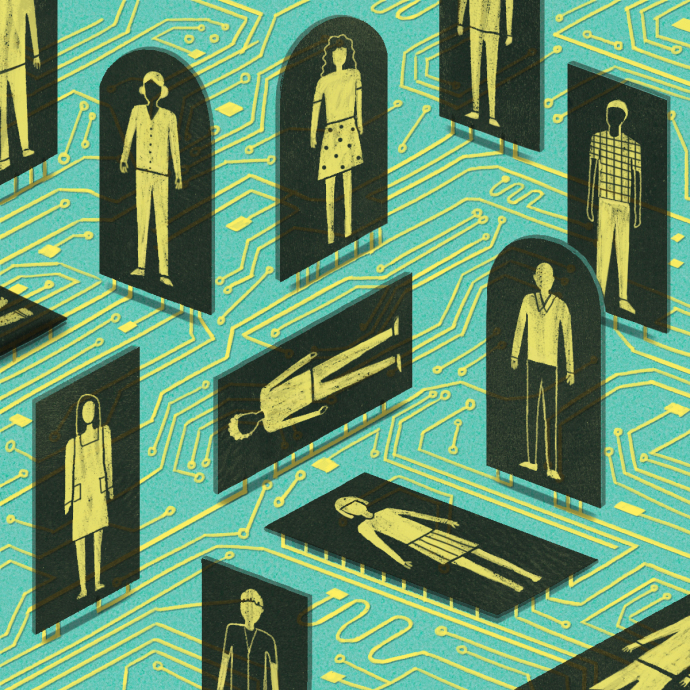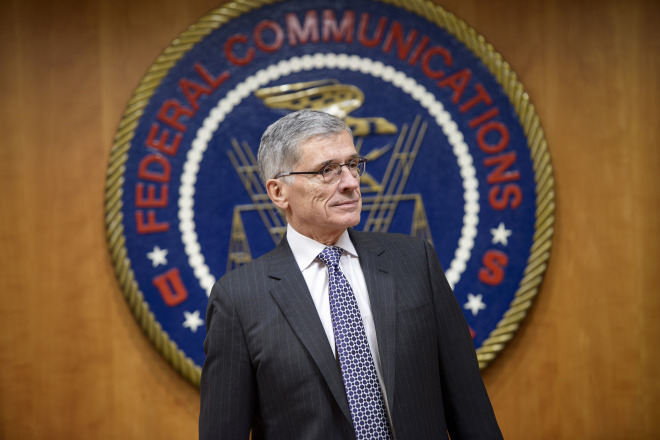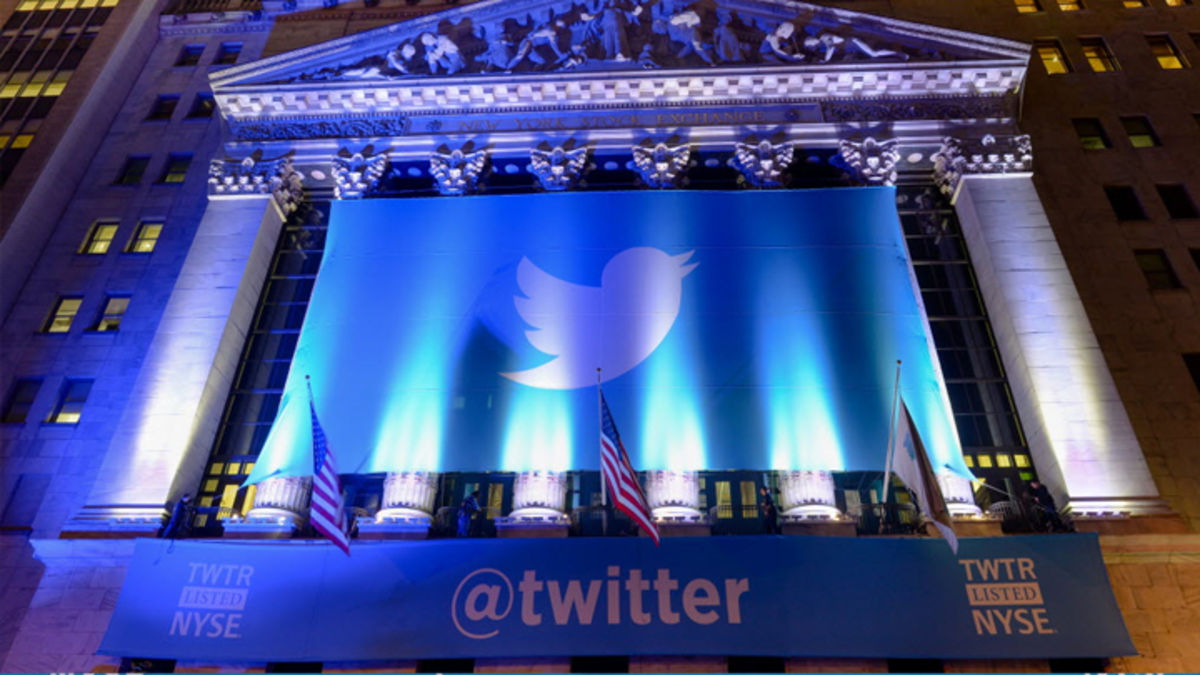Two Takes On Net Neutrality:
Nay To Net Neutrality from The Wall Street Journal
Yea To Net Neutrality from John Hodgeman and SaveTheInternet.com
FCC Votes On Net Neutrality Feb 26, 2015
As the U.S. Senate and House hold hearings this week on Net Neutrality, pitting large cable and media service providers against mom and pop businesses, a February 26, 2015, vote by the FCC will shape future plans to regulate equal broadband access for all users, or deregulate access and create “fast lanes” for larger interests.
Importance of the Internet for All
The Internet increasingly has become a most crucial part of our daily lives, linking people and interests — no matter time or distance — like no other innovation in history, except perhaps for human language itself.
Two Perceived Sides to Net Neutrality
As businesses of all types and sizes increasingly polish their web sites, social and video media, with an eager public thirsty to consume good content — the battle waging this week in Washington, D.C. and across the country pits those who value an open Internet for the sake of greater business and personal rights, against cable companies and activists who argue that regulating the Internet will stunt growth and investment in the world’s most powerful medium.
Fast Lanes for Large Providers, Slow Lanes for Others
The Net Neutrality debate is highly wonkish and complex. But boiled down, the issue is one of faster web service (‘fast lanes”) for some (broadband cable and phone service companies like ComCast, AT&T and Verizon, their investors and high-end subscribers), and slower web service (“slow lanes”) for others (average customers, small to medium-sized companies, regional Internet service providers and web giants Google, Facebook, Amazon and Netflix).
Slowing Progress or Stunting Innovation?
Large media service providers argue that net neutrality advocates are slowing progress and stunting innovation of services only recently imagined, while net neutrality advocates say fast lanes for some and slow lanes for others will inherently block access to information for better business, more informed government and other functions.
Current Web Access Generally Equal
Up to now, simple web access has been practiced on relatively even terrain; more often than not, a regular user can pull up a standard web site pretty quickly, and large providers can compete with small and medium-sized businesses for eyeballs and greater ad or business revenues.
Highest Bidders Might Change The Web
Net neutrality advocates say large broadband providers will turn the Internet into what the old America Online screens used to look like: large banners dolled out to the highest bidders for the “right” to provide content to users.
21st Century Web & Lower Consumer Costs
Large broadband providers say their plans to lobby Congress and the FCC will bring media into the 21st Century, reduce costs for consumers and enable innovations on enhanced platforms to heighten user experience.
FCC Notice on the Open Internet
Greg Goaley, President of WinCommunications in Des Moines, Iowa, is a digital content strategist and provider, and Kathryn Towner is President of WinM@il USA, a 20-year permission-based email publications consultant and provider.




